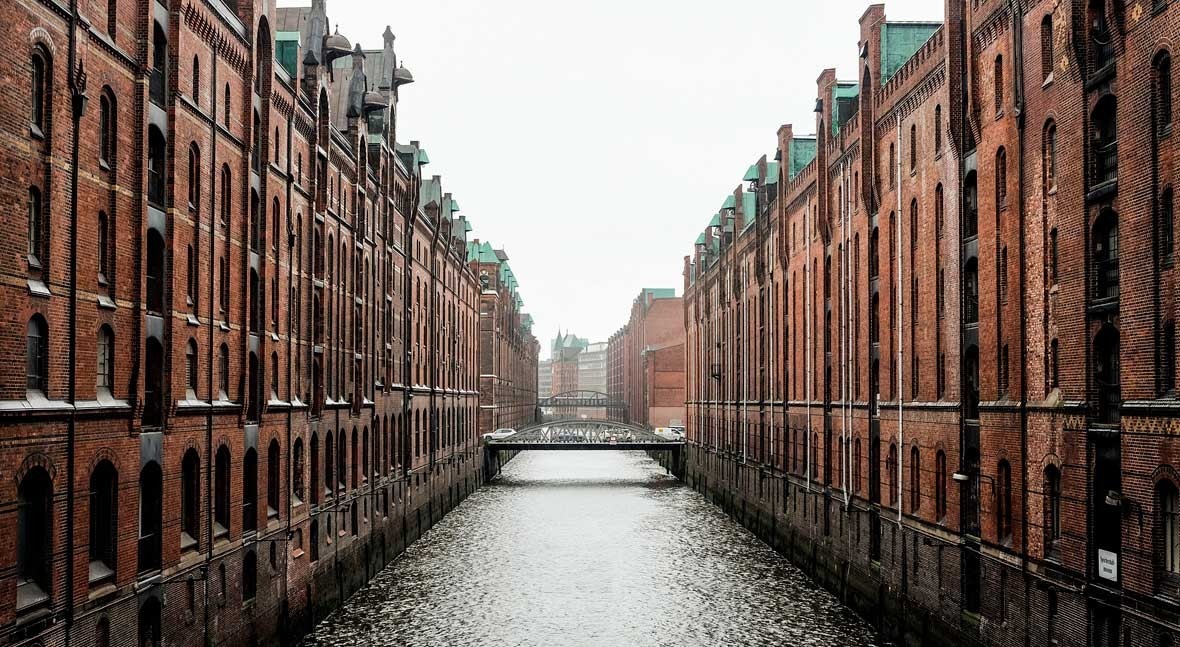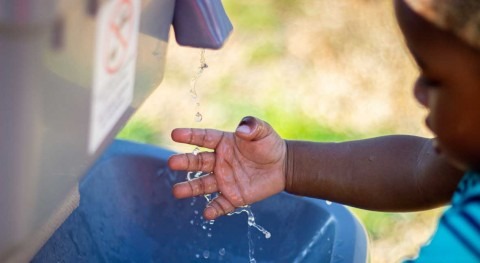Water infrastructure has been suffering from inadequate funding for decades; as a result many countries are at increased risk during this coronavirus crisis due to inadequate access to water and sanitation, reports The Guardian.
Handwashing is the first measure to prevent the spread of the coronavirus, but 75% of homes in developing countries do not have access to soap and water, according to nonprofit WaterAid. In addition, about a third of healthcare centres in developing countries do not have access to clean water either. In this regard, as WaterAid’s chief executive Tim Wainwirght points out, ‘the coronavirus crisis highlights how vulnerable the world is’.
The UN World Water Development report, released on Sunday to mark World Water Day, warns about this chronic underfunding of water infrastructure across the globe. The report’s editor-in-chief Richard Connor says the reason for that is the economic benefits of improving water and sanitation have not been emphasized. Water and sanitation are perceived as a social and an environmental issue, instead of an economic issue, like energy.
In addition, although people may be willing to pay for having running water at home, they often think waste water is not their problem. So it becomes the government’s problem, who usually fail to realise, again, the economic importance of waste water treatment. They tend to view it as an environmental issue, low in priority.
Now the coronavirus crisis puts this mistake in a new light: the economic costs of the outbreak, for national economies and for household revenue are enormous. The current crisis might help us realise the economic importance of water and sanitation, and drive greater investment.
The UN report points to another source of renewed interest in water investment: improved understanding if the relationship between water issues and the climate crisis. Water projects can reduce greenhouse gas (GHG) emissions, and a clear example is waste water treatment: 3% to 7% of GHG emissions globally can be attributed to waste water (more than flying!). Treatment can turn that waste water from a source of carbon to a source of clean energy. Another example is farming practices, which can be improved to save water and cut carbon at the same time: better managed soils hold more organic matter, more carbon and more water, becoming more fertile.
So investing in water not only improves the quality of life of people, it also lowers carbon emissions and contributes to economic growth, according to the report. But most of the investments in reducing GHG emissions around the world have focused on other sectors (energy is a major one), and water projects have received little funding. As Audrey Azoulay, Unesco’s Director General said, ‘water does not need to be a problem, it can be part of the solution’.








